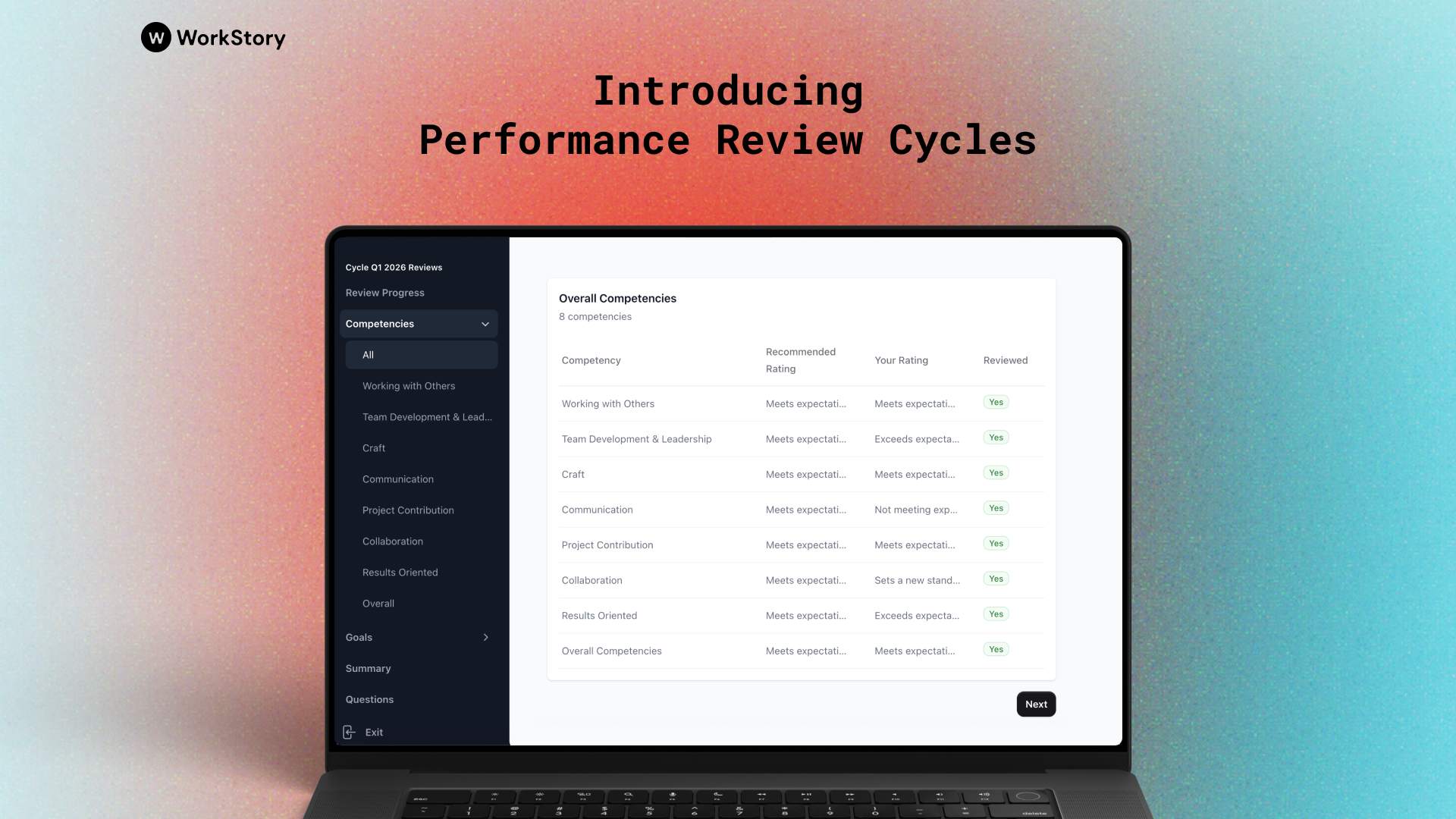Many of our business process are outdated. They are products of legacy organizations and old-school management philosophies. Times have changed. People work differently now.
Our approach needs to be updated.
Our model for promoting employees is wrong.
The Natural Process of Promotion
- Start at the bottom. Work hard.
- Promotion! You're a manager now. Keep working and be successful.
- Promotion! You become a department head.
And on and on...
The idea is that as long as you keep working hard and succeeding, eventually you'll find some upward mobility.
There's a whole different philosophy related to working up until you point of incompetence, called the Peter Principle, but we won't cover that here.
The problem with this way of thinking is that as you grow in position, you take on more leadership responsibility. You're required to begin managing others and learning how to motivate a team.
Just because you're good at your job doesn't mean you'll be good at managing others to do the same job.
Promote with Leadership in Mind
Worst case you've moved someone out of a role they're good at and they stink at leading others.
It's important to understand the role that leadership plays in promoting employees. While someone may be great at their job, they must also learn how to be good at leading a team. Keep this in mind as you're reviewing your employees and providing them with feedback throughout the year.
If someone is being groomed for a promotion, help them become the best leader they can be. Give them opportunities to practice leadership. Provide them with courses or materials to learn. Do everything you can!
The better a leader they are in their next role, the better your team will be as a whole.





